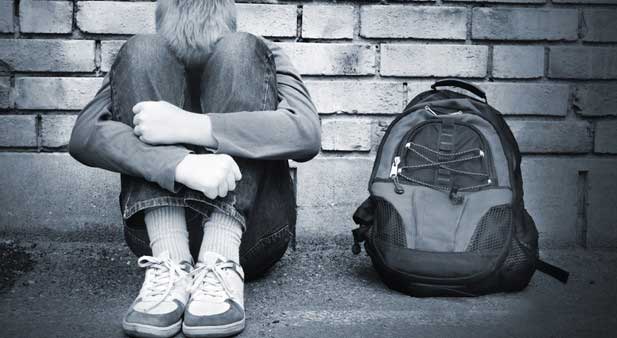A woman in her late 50s sat before me ready to tell her story. Her hands shook as she spoke. “My mother was bi-polar and an alcoholic. If I didn’t do something she asked right away, she’d hold my hands over the stove and when I screamed in pain, she’d jerk me by the hair and make me kneel on rice.”
Her eyes took on a far away look. “I always thought it was normal. That most parents punished kids this way.” She took a tissue and wiped the tears as they fell. “Until I was in high school and snuck to a friend’s house. We were never allowed over to spend time at our friend’s homes. Maybe she didn’t want me to see the real love between a parent and child.”
The more she spoke the worse the memories revealed. “She made me sit at the dinner table with my youngest brother’s soiled underwear on my head because I wasn’t around to help him to the bathroom. The worst was when all four of us [children] were outside doing yard work and I accidentally broke the rake. She pulled my pants and panties down, exposing me and made me sit on the couch for an hour.” She looked up at me and her face went from crimson red to white. “I was twelve and just beginning to develop.”
It is difficult to hear of such abuse done by anyone, let alone by a parent to a child. Most children grow up never speaking of this type of treatment because they carry the shame of deserving the treatment or feel bound by the familial tie.
When this woman continued to speak she revealed, rather matter-of-fact, that an uncle had come into the picture who would often force her to give oral sex.
She sighed with resignation. “I didn’t say anything because I felt as if it was more punishment.”
April is Child Abuse Prevention and Sexual Assault Awareness month. According to a Child Maltreatment report from the U.S. Department of Health and Human Services Children’s Bureau, 60,956 cases of child sexual abuse were reported in the United States in 2013.
On top of the guilt and shame that abuse can bring, when victims know their attackers it leads them to be silent about their traumatic experience. Staying silent, however, does not lead to healing. A victim’s silence allows the abuse to carry on through the family and often into the next generation.
Both sexual assault and child abuse are so devastating and unfathomable to acknowledge its presence in our society would be an admittance of ignorance to what can be happening next door, or even in our own homes.
This makes it difficult for any victim of assault or abuse to feel comfortable enough to speak out, which is exactly what they need to be able to do. Be it a child, a teenager or an adult, anyone who has been abused needs to be able to speak about what has been done to them without question or judgment.
Take my personal story for instance. My mother was sexually abused by her father from when she was 2 years old to 10 years old. The abuse stopped when she started her menstrual cycle. Her mother knew of the abuse and, instead of leaving the home and committing her husband, she had four other boys in the home that needed her attention, so she ignored what was being done to her own daughter. My mother never spoke of the abuse to friends and in order to survive she tucked the dark secret away in the back of her mind, as most victims learn to do in order to survive.
My mother left that home the moment she had an opportunity and married a physically and emotionally abusive man. With a daughter and son only 17 months apart, at the age of 22 she left the marriage.
Years later she married my father and had me and my younger sister. We lived a fairly normal life except my older sister was troubled, involved in drugs at the age of 13 and sexually active. My parents put my sister in counseling trying to get her to talk about what seemed to trouble her spirit and she would not tell.
It wasn’t until I confessed that I’d been raped in high school and again in college that my mother divulged her dark secret.












